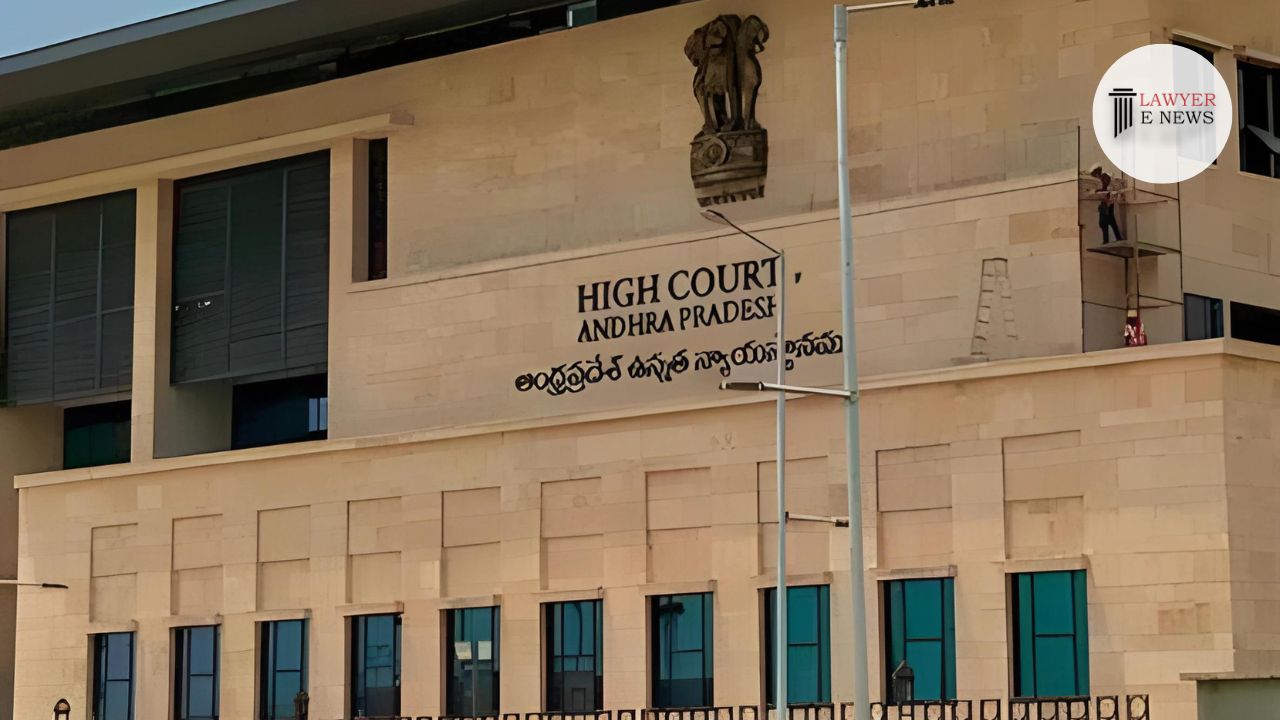-
by Admin
15 February 2026 5:35 AM



Andhra Pradesh High Court, through Justice T. Mallikarjuna Rao, dismissed Second Appeal No. 307 of 2007, filed by Ravipati Sreenivasa Rao & Ors., challenging the reversal of the trial court's judgment concerning a property dispute. The appellants had claimed ownership over the disputed property through adverse possession, which was rejected by the court. The High Court upheld the decision of the first appellate court, affirming the respondent's title to the property and ruling that no substantial question of law arose in the second appeal.
The case revolved around a suit filed by the respondent, Koyyala Subba Rao, seeking a declaration of ownership and possession of the disputed property, referred to as the 'B' schedule house and site. The respondent had purchased the land through a registered sale deed in 1979 and constructed a house in 1984, which he leased to the appellants' father. The appellants' father, however, later denied the tenancy and claimed joint ownership of the property.
The trial court dismissed the respondent's suit based on the appellants' claim of adverse possession. However, the first appellate court reversed this decision, ruling in favor of the respondent, prompting the appellants to file the present second appeal.
The central legal issue concerned the appellants' claim of adverse possession and whether the suit was barred by limitation under Articles 64 and 65 of the Limitation Act, 1963. The appellants contended that they had perfected their title to the property through adverse possession, having resided there since 1984.
The court also examined whether the appellants could simultaneously claim joint ownership and adverse possession, which are mutually exclusive legal defenses.
Adverse Possession and Joint Ownership: The court noted that the appellants' plea of adverse possession was inconsistent with their claim of joint ownership. Citing established legal principles, the court observed that adverse possession requires continuous, open, and hostile possession against the true owner, which the appellants failed to establish. The court emphasized that "a party claiming adverse possession cannot simultaneously assert ownership, as adverse possession implies hostile possession against the true owner" [Paras 16-20].
Failure to Prove Adverse Possession: The High Court found that the appellants could not provide sufficient evidence to substantiate their claim of adverse possession. The court held that the appellants' possession of the property was permissive, stemming from their initial occupation as tenants. There was no evidence of hostile possession for the requisite 12-year period [Paras 22-29].
Scope of Section 100 CPC: The court reiterated that under Section 100 of the Code of Civil Procedure, 1908, a second appeal is limited to substantial questions of law. The court found no such question in this case, as the findings of fact by the first appellate court were neither perverse nor contrary to law. The first appellate court had correctly appreciated the evidence and arrived at a conclusion based on well-established legal principles [Para 22].
The Andhra Pradesh High Court dismissed the second appeal, affirming the judgment of the first appellate court. The court ruled that the appellants failed to prove adverse possession and that the respondent's suit was filed within the statutory period. The respondent was entitled to the declaration of ownership and possession of the property.
The judgment underscores the legal principle that claims of adverse possession must be supported by clear evidence of continuous, hostile possession against the true owner. Mere occupation of property, even for an extended period, does not automatically confer title by adverse possession unless the necessary legal criteria are met.
Date of Decision: October 23, 2024
Ravipati Sreenivasa Rao & Ors. vs. Koyyala Subba Rao & Ors.
